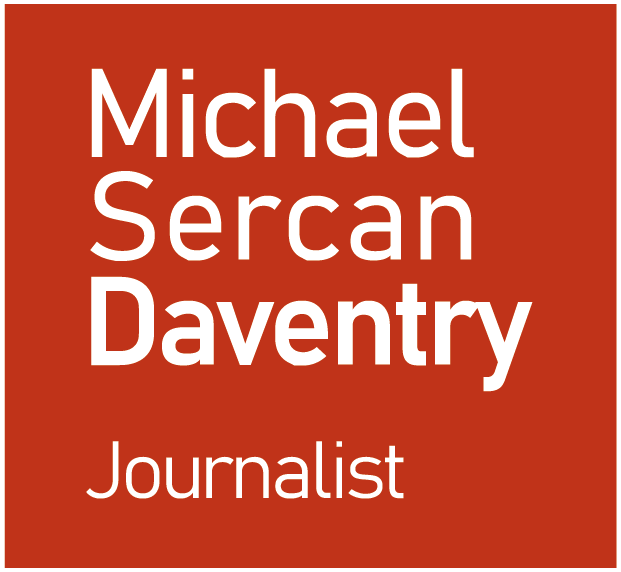Booming private sector, fueled by foreign visitors, threatens to upset island’s prized system of social equality
VINALES, CUBA — “This one is ready,” Lucilo said, turning the rooster upside down in his hands to inspect its plucked, featherless bottom. “He’s going to be a good fighter.”
The bird squirmed, unable to escape his grasp. It was weeks away from being thrown into the arena as gambling fodder in a cockfight.
While the farmer returned it to its small cage, his sleeve pulled back to reveal a nasty gash on his arm. Was that the work of one of his angry birds?
“No. I fell off my motorcycle on my way home from the bar,” he said, grinning as his friend Alexis led away the audience of European tourists on a tour of Viñales’s verdant valley.
Officially, neither gambling nor drunk driving are permitted in Cuba. But this is a country of bewildering contradictions and visitors quickly become accustomed to what is perhaps the most relaxed single party state in the world.
Cuba’s socialist system, now in its 58th year, has made great attempts to create equality among its people. Its health care and education are frequently cited as among the best in the region, while abject poverty is largely avoided through a system that provides shelter and accommodation to those who need it.
This Cuban way of life has outlasted not just the Cold War but also a period of severe economic trauma in the early nineties. Its persistence in surviving despite U.S. sanctions and a trade embargo led President Barack Obama to announce in December 2014 his intention to normalize relations with Cuba, declaring, “these 50 years have shown that isolation has not worked. It’s time for a new approach.”
It suggested a moral victory for Cuba over its foe across the Straits of Florida.
Yet one industry, tourism, is now sowing divisions among Cuban citizens by creating an economic elite that threatens social equality.
Almost all Europeans who visit Cuba turn for accommodation to casa particulares, a network of private homestays that enables Cubans to open rooms in their homes to foreign travelers.
The system is heavily regulated by the government, which frequently inspects rooms to ensure they are equipped with air conditioners, hot showers and suitable mattresses – all difficult items to find in Cuba’s restricted economy.
Homeowners who meet the requirements are rewarded handsomely with a private income in convertible pesos (CUC), the Cuban currency used by tourists that is pegged to the U.S. dollar. They charge 25 CUC (€23.10, $25) per night for a double room and breakfast – a bargain for European backpackers.
But in a country where the average monthly state salary is the equivalent of 22 CUC, a single week of casa accommodation fees can surpass the amount a Cuban worker makes in an entire year.
Farmers like Lucilo and his friend Alexis, who runs a casa on the northern fringes of the Viñales UNESCO World Heritage site, are reaping the benefits of the system by offering guided tours, cigars and local rum to enthusiastic, CUC-carrying tourists.
Alexis’ casa has grown so large that it now comprises four bedrooms in his back garden, constructed around a courtyard.
Competition is fierce with the 600 other casas in the town and he plans to add a swimming pool to draw tourists away from his neighbors.
And business is good, he said. “We are busy most days of the week. There was a festival in November and all the casas in Viñales were full.
“It was so busy there was not a single room available. For two or three days we had tourists camping in the main square.”
Emily Morris, a research fellow at University College London’s Institute of the Americas, said only a proportion of casa income was levied as tax, meaning homeowners have been getting “ridiculous amounts of profit” for what they do.
“Effectively those people who are making Cuban CUC incomes are subsidized by the state, although nobody puts it in those words,” she told Anadolu Agency in a telephone interview from Washington.
“The buying power of a Cuban peso is completely out of proportion to its value when it is converted into dollars or the other way around.”
Official Cuban figures show 3.1 million visitors toured the island between January and November 2015, an unexpected surge of half a million compared to the same period the previous year. The increase was fueled in part by a 20 percent increase in European tourists.
Many of those arriving in Viñales – principally from Britain, Germany and the Netherlands – expressed a common ambition: to visit the country before normalized relations with the United States transforms it.
Ironically, their very presence is wrestling control of the economy away from the government and creating a class of Cuban society with an immense amount of private, disposable income.
Increasingly, Cubans are following the example of casa owners, who often have enough money to buy hard-to-find products such as designer clothing and tablet computers. And, they are beginning to switch careers – at a huge social cost.
“So many of the skilled people are moving to become taxi drivers or renting their houses that we’ve got a bit of a crisis now occurring in terms of retaining enough skilled people to keep the economy running properly,” said Morris, the research fellow at University College.
“They’re making a lot of money now in the private sector, in Havana particularly. And only a proportion of that gets into the government’s coffers because most of it circulates around the informal sector,” she added.
Originally published by Anadolu Agency, 14 January 2016
